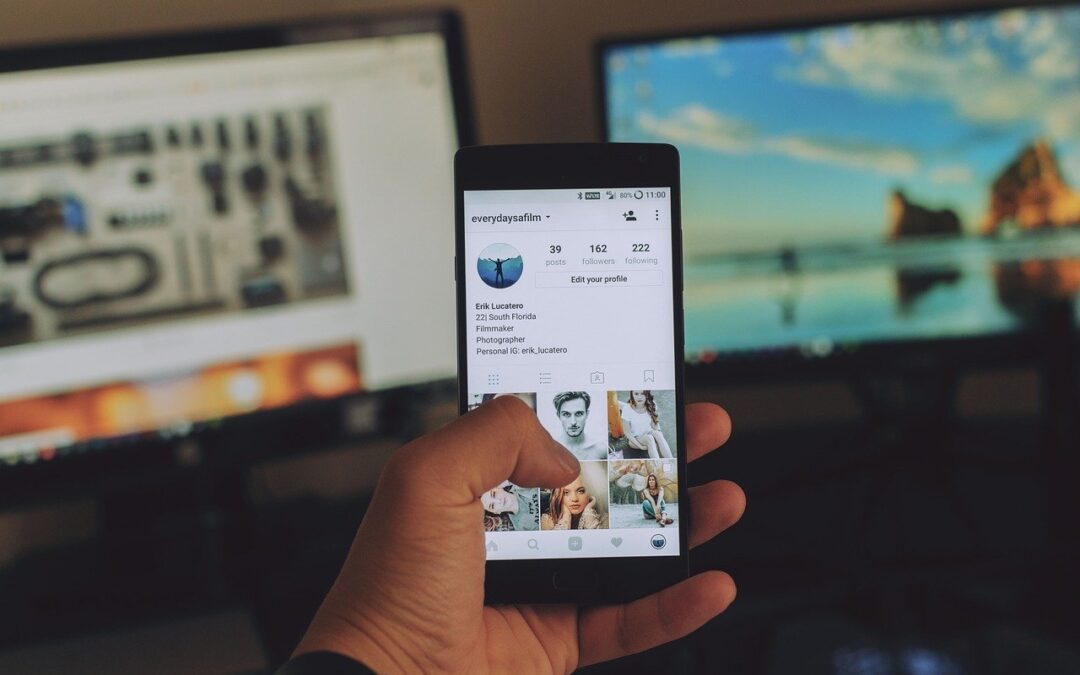Social Media is Unavoidable. We’re confronted with social media in its various forms everyday. Politicians are endlessly tweeting and the person next to you on the bus is scrolling through Facebook. You may have even experienced the phone-focused pedestrian walking into you on the street. The thing all social media platforms have in common is that they involve posting content – text, photos and/or videos – which creates a risk of online copyright infringement.
What is Copyright?
Copyright is the right an author has over their own work. A ‘work’ may be written, such as a book or article, or it may be a piece of music, a painting, or a design such as an architectural drawing.
The expression of the work is important in determining copyright, rather than the idea. For example, if you read a book about an historic event, you could also write a book about that event. Copyright would, however, prevent you from copying sections of the original book and claiming it as your own. In the same way, you cannot use someone else’s photo of a landmark without their permission, but you may take your own photo of that landmark to use online.
Furthermore, it’s important to note that copyright does not relate to an idea. If you come up with a novel idea, someone else could still write about that idea as long as they didn’t copy your explanation of it. To have the protection of copyright, the ‘work’ must be sufficiently distinctive in its expression.
Are You Infringing Copyright on Social Media?
On a commercial level, it’s commonplace for businesses to ask to be ‘liked’ or ‘followed’ on social media. To gain and maintain a social following you need to provide valuable content to your audience. If this content is not purely your own, you might be infringing copyright.
Let’s take images as an example. Because copyright can exist in photos, posting someone else’s photos without their permission on social media is likely to infringe copyright. The owner – usually the photographer – has copyright over the photos.
Companies such as Getty Images and Shutterstock sell photos online. When you purchase an image from them, you are purchasing the right to use the image. Therefore to avoid infringing copyright online you should consider purchasing the rights to images, or taking your own photos.
The Consequences of Copyright Infringement
There are serious consequences if you are involved in copyright infringement. If you are posting on social media on behalf of your company, the ramifications can apply to both you and your employer. The owner of the content could sue you, leaving you liable for damages and legal costs. Your employer could terminate your employment, due to the reputation damage caused.
According to the 2017 Sensis Social Media Report, 79% of Australians are active on social media. If we look globally, there are 2.46 billion social media users according to Statista. Social media is so widespread that publishing content without permission may easily come to the attention of the copyright owner. Accordingly, you should keep copyright in mind if you are tempted to plagiarise a written piece or use an image or piece of music created by someone else on social media.
Get in touch for copyright or social media advice for your situation.

